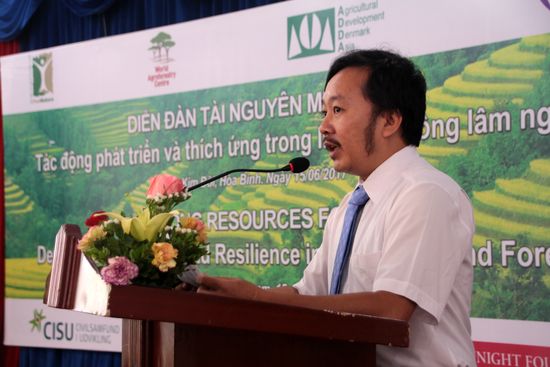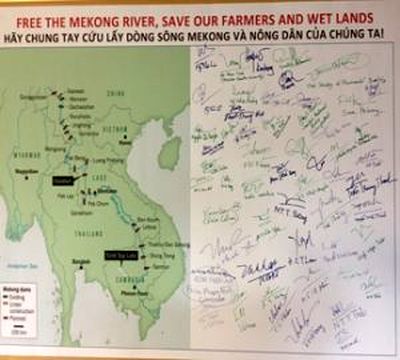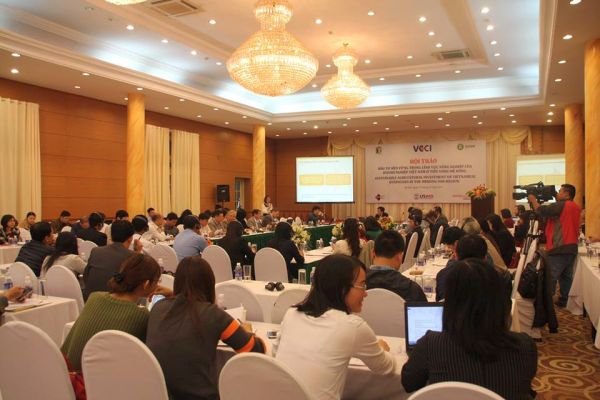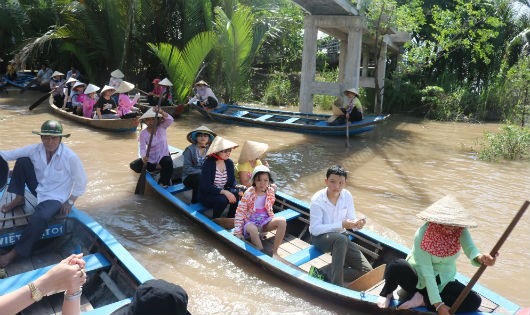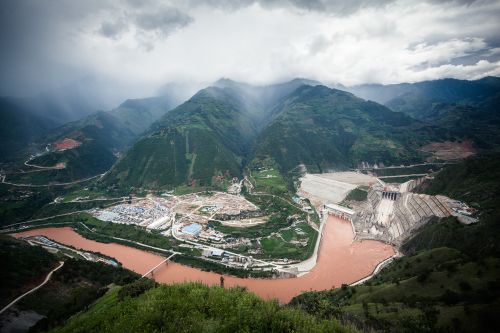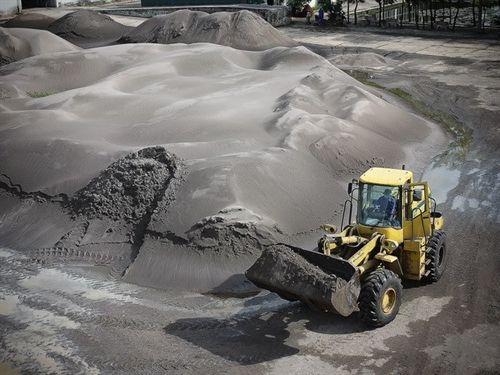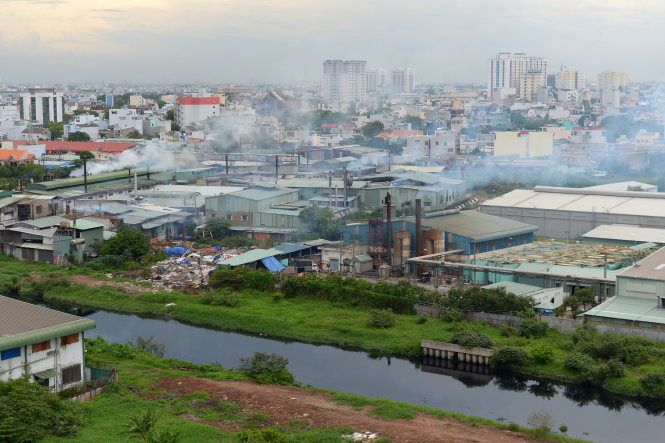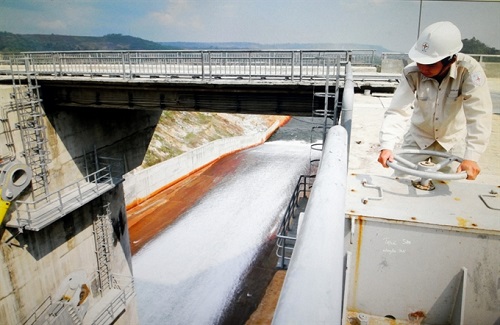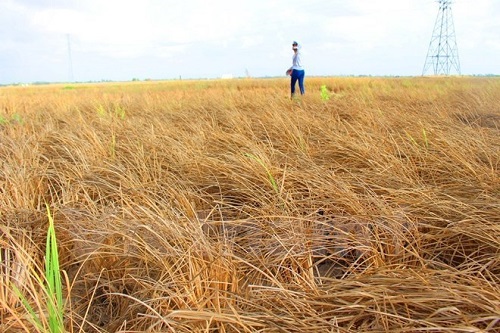MEKONG RESOURCES FORUM III: Development Impacts and Resilience in Agriculture and Forestry in the Mekong Region
The third Mekong Resouces Forum with tittle: "Development Impacts and Resilience in Agriculture and Forestry in the Mekong Region" was held on 15 – 16 June 2017, in Hoa Binh, Vietnam by PanNature in co-operation with ADDA, the International Centre for Research in Agroforestry (ICRAF), and Vietnam-Lao-Cambodia Association for Economic Cooperation Development (VILACAED). There were about 100 participants from community and non-state organizations in the Lower Mekong region, research and academic institutions, representatives from governmental agencies, media and other interested parties took part in the event. The main objectives of the forum: To share issues, concerns, lessons learned, good practices and perspectives in agriculture and forestry sectors in relation to resilience and adaptation to environmental changes at different levels; and To discuss and promote better development alternatives and approaches in order to secure fair and equitable access to natural resources, improve livelihoods and quality of life and ensure sustainability of our living environment.

